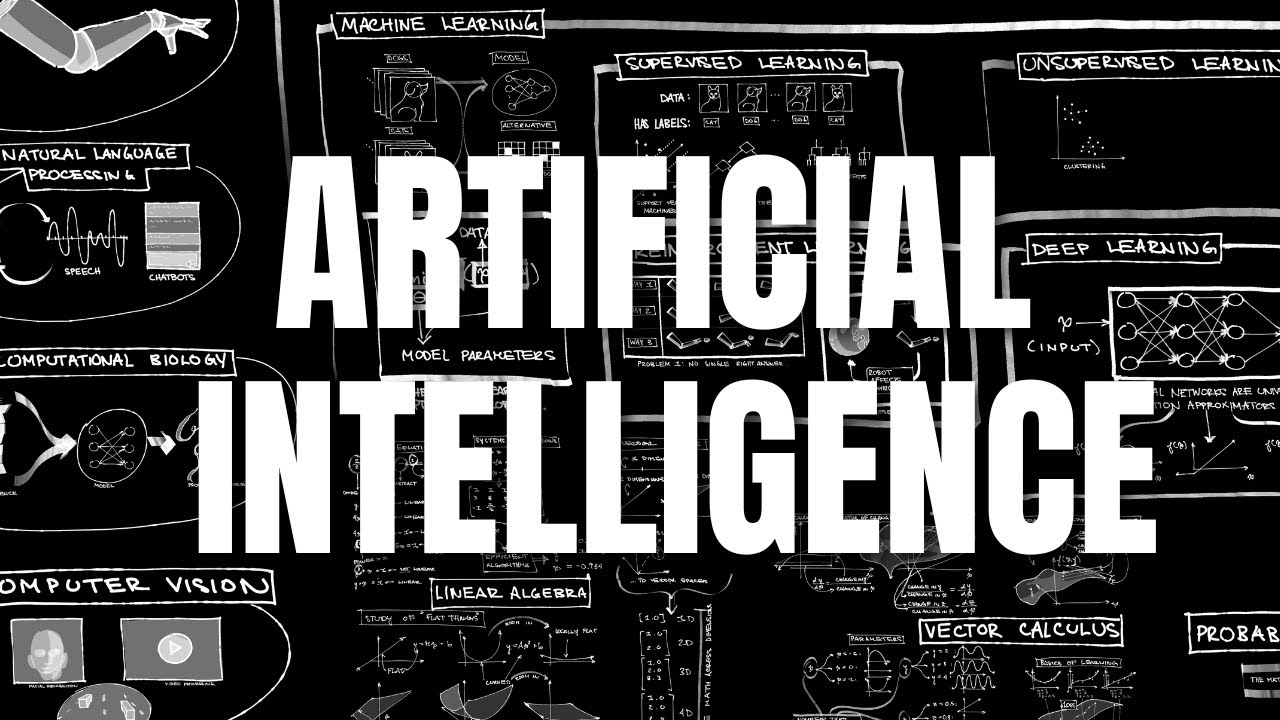Biological Techniques That Will Blow Your Mind!
Summary
TLDRThis video script delves into the expansive field of biological research, highlighting fundamental laboratory techniques like aseptic methods, pipetting, and microscopy. It explores DNA and protein techniques, including PCR, gel electrophoresis, and Western blotting, which are pivotal for genetic and molecular studies. The script also covers cell culture and microbiology methods, crucial for studying cell behavior and microorganisms. Advanced techniques such as CRISPR, flow cytometry, and bioinformatics are discussed, emphasizing their role in advancing biological knowledge. Ethical considerations in research are underscored, ensuring responsible scientific practices. The script encapsulates the transformative impact of these techniques on our understanding of life, from genetics to microbiology.
Takeaways
- 🔬 Basic laboratory techniques such as aseptic methods, pipetting, centrifugation, and microscopy are fundamental to biological research.
- 🧬 DNA techniques like PCR, gel electrophoresis, and sequencing are essential for genetic and molecular biology studies.
- 🌟 Protein techniques including purification, Western blotting, and structure determination are vital for understanding protein functions and structures.
- 🌱 Cell culture techniques enable the study of cell behavior and responses in a controlled environment, facilitating research in various biological fields.
- 🦠 Microbiology techniques are used to study microorganisms, including sterilization, isolation, and identification methods.
- 🔎 Advanced techniques like CRISPR, flow cytometry, and mass spectrometry provide sophisticated tools for detailed biological analysis.
- 🔬 Advanced imaging techniques such as confocal microscopy and electron microscopy offer high-resolution visualization of biological structures.
- 💻 Bioinformatics combines biology and computer science to analyze biological data, playing a key role in genomics and systems biology.
- 🌐 Ethical considerations are crucial in biological research, including animal welfare, informed consent, and privacy protection for human subjects.
- 🌐 The responsible and ethical use of biological techniques ensures the integrity and credibility of scientific research.
Q & A
What are the basic laboratory techniques essential for biological research?
-Basic laboratory techniques essential for biological research include aseptic techniques, pipetting, centrifugation, and microscopy. Aseptic techniques ensure the sterility of the experimental environment, pipetting is for accurate measurement and transfer of liquids, centrifugation separates mixture components based on density, and microscopy allows for the visualization and study of cells and microorganisms.
How does the Polymerase Chain Reaction (PCR) contribute to genetic research?
-PCR is a method that amplifies specific DNA sequences, which allows for their analysis and manipulation. This technique has been crucial in genetic research as it enables the study of DNA fragments that might be present in small quantities.
What is the purpose of gel electrophoresis in molecular biology?
-Gel electrophoresis is used to separate DNA fragments based on their size using an electric field. This technique is essential for identifying and purifying specific DNA fragments after PCR or other DNA manipulation processes.
What role do protein purification methods like chromatography play in protein research?
-Chromatography is a protein purification method that enables the isolation and purification of specific proteins from complex mixtures. This is vital for studying the properties and functions of individual proteins without interference from other components.
How does Western blotting contribute to protein analysis?
-Western blotting is a technique used to detect and analyze specific proteins using antibodies. It allows researchers to confirm the presence, quantity, and size of a protein of interest, which is crucial for understanding protein function and interactions.
What is the significance of cell culture techniques in biological research?
-Cell culture techniques involve the growth and maintenance of cells in a controlled laboratory environment. They allow researchers to study cell behavior, test drug responses, and perform various experiments, providing insights into cellular processes and responses to different conditions.
What are some microbiology techniques used to isolate and identify microorganisms?
-Microbiology techniques such as sterilization methods, streak plate and spread plate techniques, and identification methods like gram staining, biochemical tests, and PCR are used to isolate, obtain, and characterize microorganisms.
How do gene editing tools like CRISPR-Cas9 impact the field of biology?
-Gene editing tools like CRISPR-Cas9 allow for precise modification of DNA sequences. This enables targeted genetic changes in organisms, which is revolutionary for studying gene function, developing treatments for genetic diseases, and advancing our understanding of genetics.
What is the role of bioinformatics in managing biological data?
-Bioinformatics is an interdisciplinary field that combines biology and computer science to analyze biological data using computational tools and algorithms. It plays a crucial role in managing and analyzing vast amounts of data generated through experiments and sequencing technologies, particularly in genomics, proteomics, and systems biology.
Why is it important to consider ethical guidelines when conducting biological research?
-Ethical considerations are important in biological research to ensure the welfare of animals used in experiments, to follow guidelines and regulations, and to protect the rights and privacy of human subjects. Additionally, the responsible and transparent use of biological techniques maintains the integrity and credibility of scientific research.
How have advanced molecular biology tools contributed to advancements in medicine, agriculture, and environmental science?
-Advanced molecular biology tools have revolutionized our understanding of genetics, cell biology, and microbiology, leading to significant advancements in medicine, agriculture, and environmental science. These tools enable scientists to study and manipulate biological systems at a molecular level, contributing to the development of new therapies, improved crop varieties, and a better understanding of environmental processes.
Outlines

Этот раздел доступен только подписчикам платных тарифов. Пожалуйста, перейдите на платный тариф для доступа.
Перейти на платный тарифMindmap

Этот раздел доступен только подписчикам платных тарифов. Пожалуйста, перейдите на платный тариф для доступа.
Перейти на платный тарифKeywords

Этот раздел доступен только подписчикам платных тарифов. Пожалуйста, перейдите на платный тариф для доступа.
Перейти на платный тарифHighlights

Этот раздел доступен только подписчикам платных тарифов. Пожалуйста, перейдите на платный тариф для доступа.
Перейти на платный тарифTranscripts

Этот раздел доступен только подписчикам платных тарифов. Пожалуйста, перейдите на платный тариф для доступа.
Перейти на платный тарифПосмотреть больше похожих видео
5.0 / 5 (0 votes)






